Yes, research suggests that there is a correlation between testosterone levels and hairiness in men.
What is Testosterone?
Testosterone is a hormone primarily produced in the testicles of men. It is responsible for the development of male physical characteristics, such as muscle mass, facial hair, and a deeper voice.
The hormone also plays a role in sex drive, sperm production, and bone health.
Do Hairy Men Have More Testosterone?
Studies have shown that there is a correlation between hairiness and testosterone levels.
One study found that men with higher levels of testosterone had more hair follicles and thicker hair growth, particularly on the chest and back.
However, it’s important to note that genetics also play a role in hair growth patterns and levels of testosterone.
Not all men with high testosterone levels will be hairy, and not all hairy men will have high testosterone levels.
How does the growth of hair get affected by testosterone?
Testosterone is converted into dihydrotestosterone (DHT) in the body, which is responsible for the growth of body hair. DHT causes hair follicles to miniaturize, which leads to shorter, thinner hairs on the face, chest, and back.
As men age and their testosterone levels decrease, hair growth may slow down and become thinner.
Can Testosterone Treat Hair Loss?
Testosterone replacement therapy is not typically used to treat male pattern baldness, as it may actually worsen hair loss by increasing DHT levels in the body.
However, there are other treatments available, such as medications that inhibit DHT production or hair transplant surgery.
While there is a correlation between hairiness and testosterone levels, it’s important to note that genetics also play a significant role.
Testosterone is responsible for the growth of body hair through the conversion of testosterone into DHT, but it is not typically used to treat male pattern baldness.
How Does Testosterone Affect Hair Growth?
Testosterone is a hormone that plays a significant role in the growth of hair on the body and face. Testosterone is produced primarily in the testicles and adrenal glands of men, and to a lesser extent in women’s ovaries and adrenal glands.
Testosterone and Body Hair
Testosterone’s effect on the growth of body hair varies between individuals, but more testosterone tends to result in more body hair. Men who have higher levels of testosterone may have more body hair, with thicker and darker strands of hair being more common.
Interestingly, the pattern of body hair growth also varies based on genetics and ethnic group.
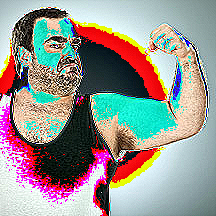
Testosterone and Facial Hair
Testosterone also affects facial hair growth, with higher levels of testosterone leading to thicker, coarser facial hair. During puberty, testosterone increases the size of hair follicles on the face, allowing for the growth of visible beards.
However, the amount and pattern of facial hair growth are also influenced by genetics.
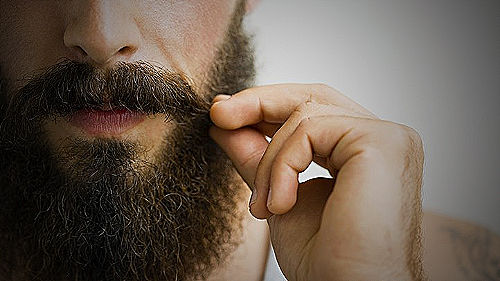
Testosterone and Baldness
While it is true that male pattern baldness is often attributed to high levels of testosterone, this is actually a misconception. Male pattern baldness is caused by a combination of genetics and hormones – specifically, a sensitivity to dihydrotestosterone (DHT), a hormone created when testosterone is metabolized.
Hair in balding areas is still sensitive to testosterone, so it is more likely that men with male pattern baldness have normal or even higher levels of testosterone than men without hair loss.
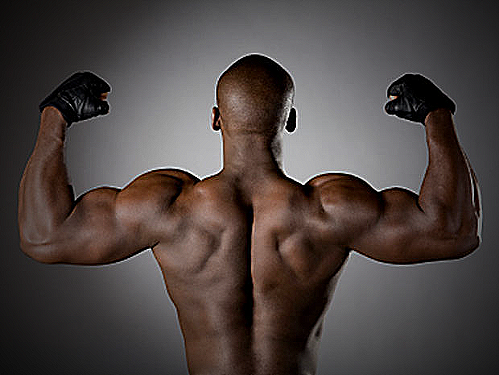
Do Hairy Men Have Higher Testosterone Levels?
The evidence suggests that higher levels of testosterone can lead to an increase in hair growth on the face and body in men. This is because testosterone increases the size of hair follicles, leading to thicker and longer hair.
Several studies have found a correlation between body and facial hair and testosterone levels in men. One such study found that men with higher levels of testosterone had thicker facial hair and a greater amount of body hair.
Another study found that the presence of body hair was positively correlated with testosterone levels in men.
However, it is important to note that everyone’s genetics and hormone levels are unique, and not all individuals with high levels of testosterone will necessarily have more body or facial hair. Additionally, testosterone levels can be affected by a variety of factors, including age, lifestyle, and health conditions.
Ultimately, while higher levels of testosterone can lead to an increase in body and facial hair growth in men, it is not a definitive indicator of testosterone levels and should not be used as the sole determining factor.
How to Boost Testosterone and Promote Hair Growth?
Testosterone plays a crucial role in hair growth, and there are various ways to naturally increase it. Let’s take a look:
Diet and Exercise
A diet rich in zinc, magnesium, and vitamin D can increase testosterone levels. Foods that contain these nutrients include oysters, spinach, eggs, and cod liver oil.
Exercise can also boost testosterone levels, especially weight lifting and high-intensity interval training.
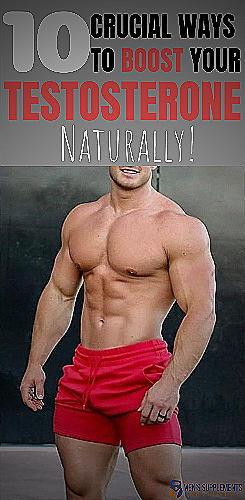
Supplements and Medication
While some supplements claim to boost testosterone levels, their effectiveness and safety are not always guaranteed. It’s important to consult with a healthcare professional before taking any supplements or medication.
Testosterone therapy, such as using testosterone gels, injections, or patches, can also increase testosterone levels, but it should only be done under the guidance of a doctor and with careful monitoring.
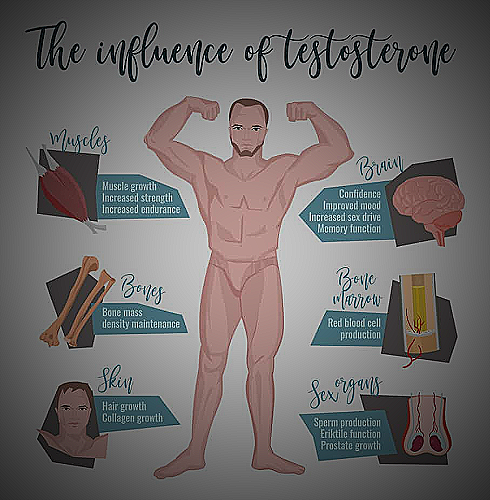
Addressing Misconceptions About Hair Growth and Testosterone
Many believe that hairy men have more testosterone levels than their less-hairy counterparts. While it is true that testosterone does play a role in hair growth, it is not the sole determining factor.
Men all have roughly the same amount of testosterone, but certain genes can make hair follicles more or less sensitive to the hormone. Women can also experience hair growth if they have high testosterone levels.
Contrary to popular belief, hair growth does not necessarily equate to virility. Bald men and those with thinner hair are not less virile than their hairier peers.
Conclusion
It is true that hairiness correlates with high testosterone levels in men due to the hormone’s effect on hair follicles. However, it is important to maintain healthy testosterone levels for overall health and well-being, rather than solely focusing on hairiness as an indicator of masculinity.
Genetics also play a role in hairiness and the way genes are expressed can vary between men and ethnic groups. Therefore, it is recommended to maintain a balanced testosterone level through methods such as weight loss and weightlifting to promote healthy hair growth and overall health.
References
- Hair growth and testosterone: Everything you need to know
- How testosterone makes you hairier
- Do Hairy Men Have More Testosterone?
- Do hairy men have more testosterone? gq investigates
